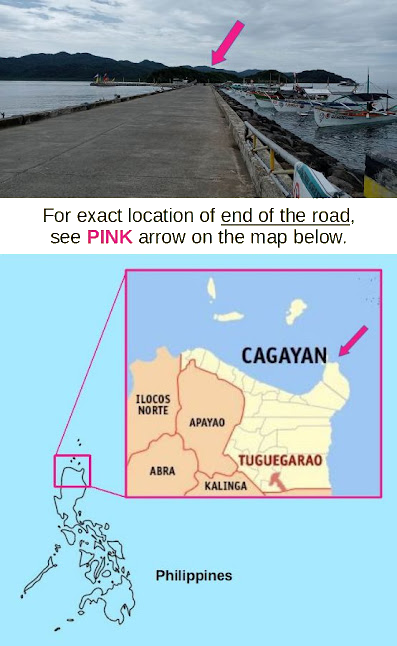Due to the many simultaneous activities after the worship service, the women’s Sunday school was assigned the kindergarten room. It has teeny-weeny chairs and tables and lots of colorful images on four walls.
Methinks it's the perfect room for us.
It seems the Lord willed it, so we could all recognize and accept the fact that we are still in kindergarten level when it comes to intimately knowing the Bible. With every lesson, we learn more—not just facts, but messages we never heard before—and reflect more, which is vital for our spiritual growth.
Within an hour or less, till the clock strikes 12 noon, we teach and learn from each other with joy.
As born-again Christians, we already all know and believe in the ABCs: the good news. That’s what makes us kindred souls, fellow pilgrims in our journey towards the Promised land.
But why do we need to know more? This I ask myself Sunday after Sunday, and one photo captured it all.
.jpg)
Because we should understand the beauty, the depth and breadth of God’s bottomless grace for sinful men. By knowing Him more, we are driven and empowered to share His magnificence to others.
Below are stolen shots, except for the last two that we deliberately pose for to document our Sunday school day.
Then the magic of technology makes the kindergarten doodads disappear and replaces them with information of the day’s lesson and activity—for posterity.
This final photo foreshadows amazing things to come. In one or two more Sundays, at the rate we are progressing, we should be accelerated to the higher grade levels.
What an exciting journey for the women of our village church! If you are within the area, please consider joining us.
All photos by: Sis Ching














